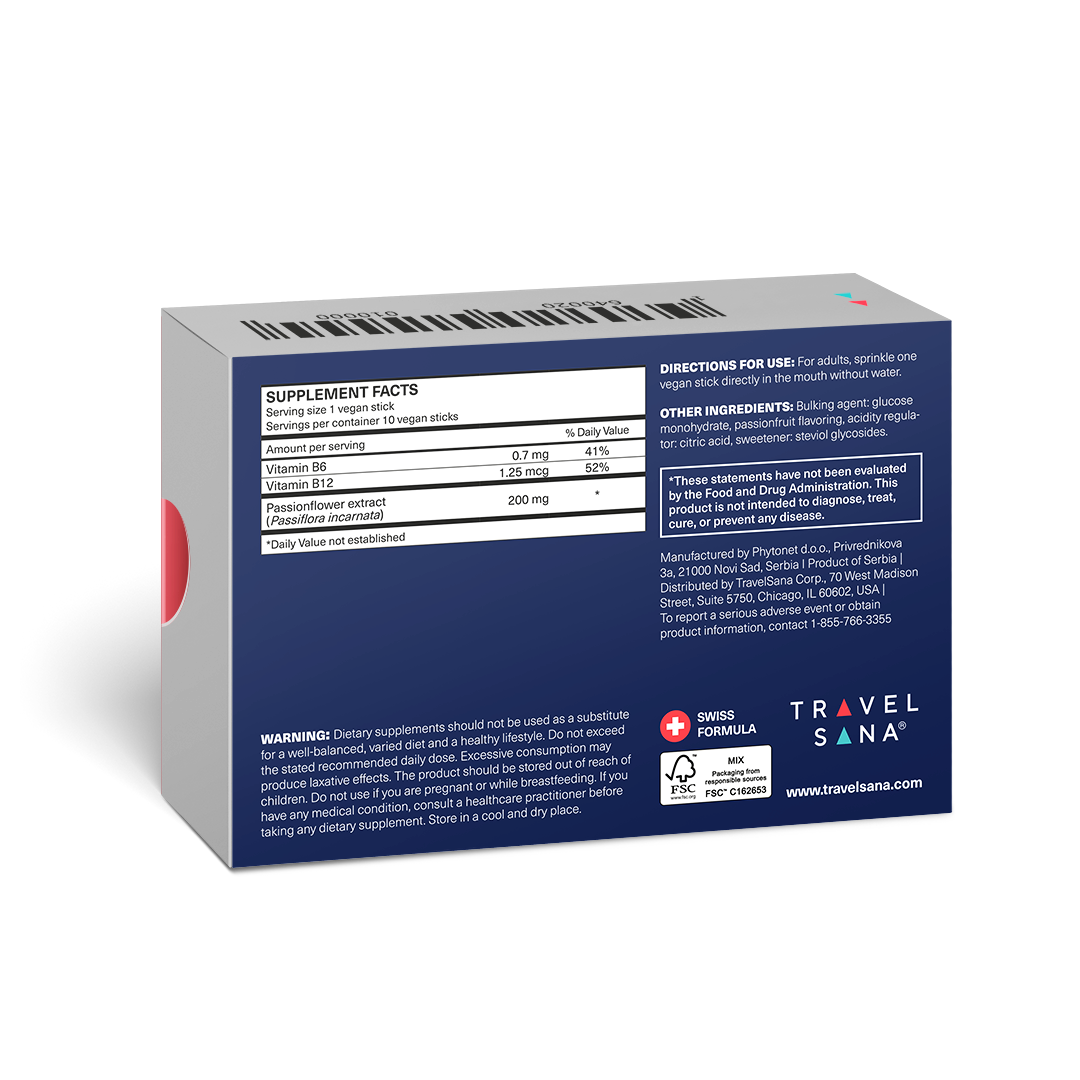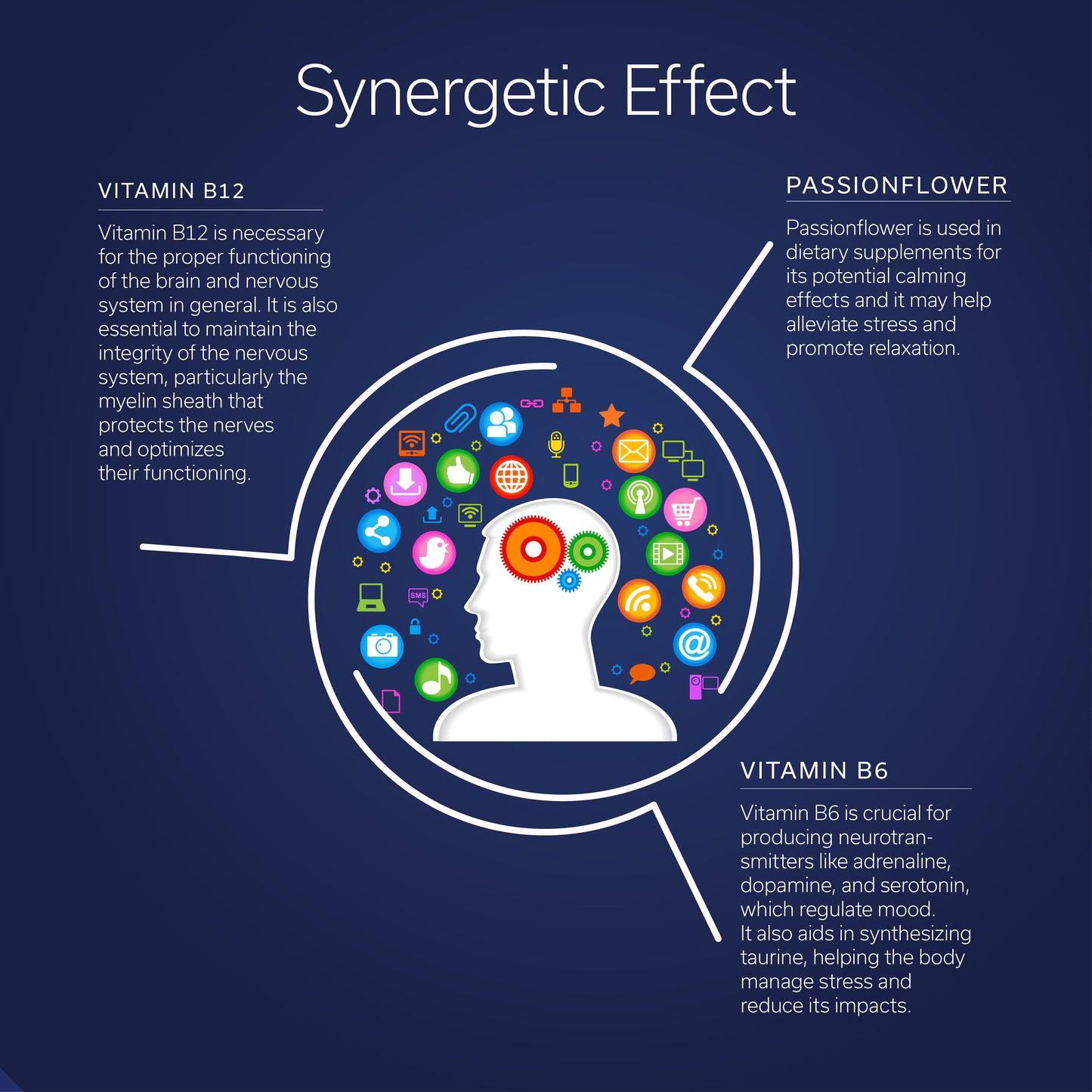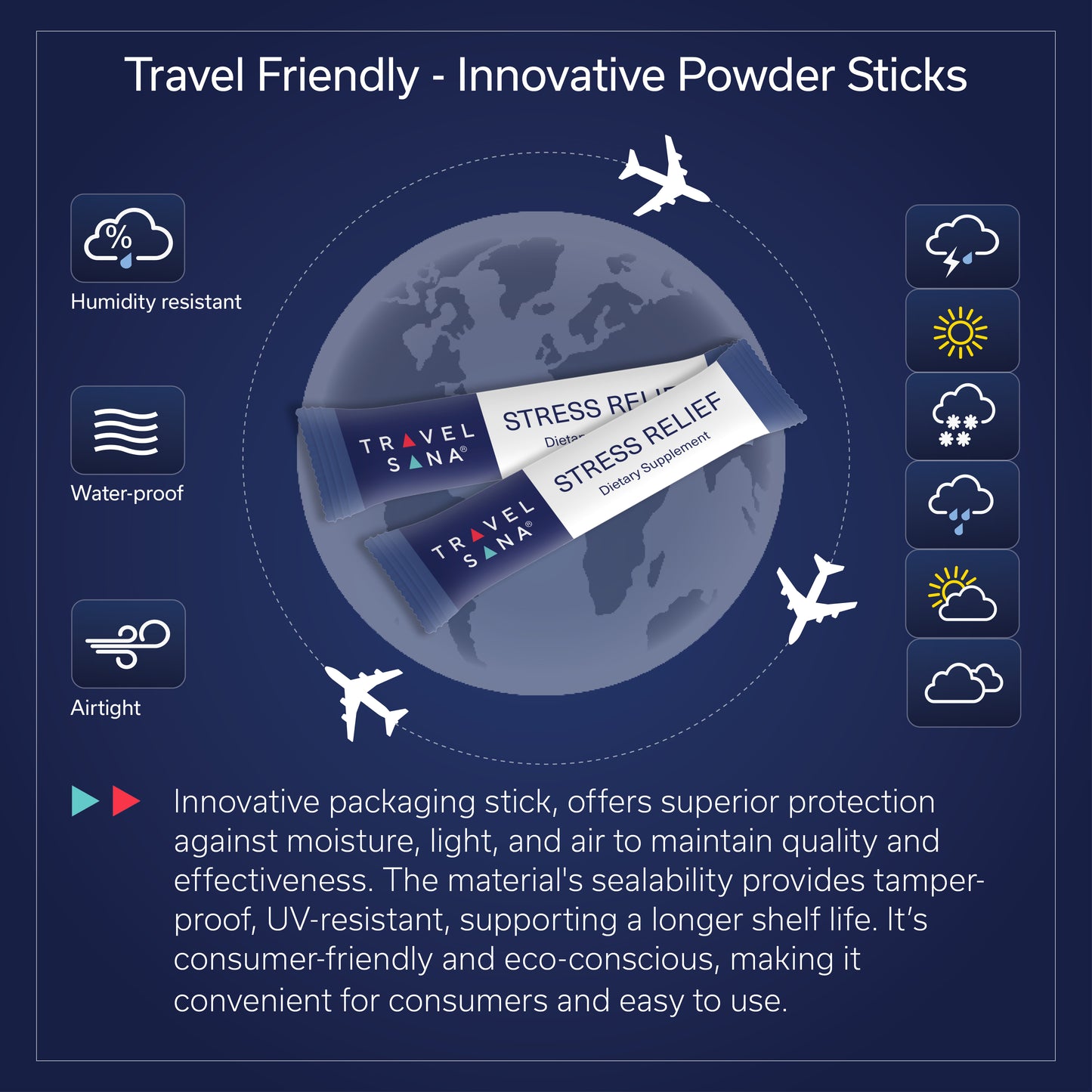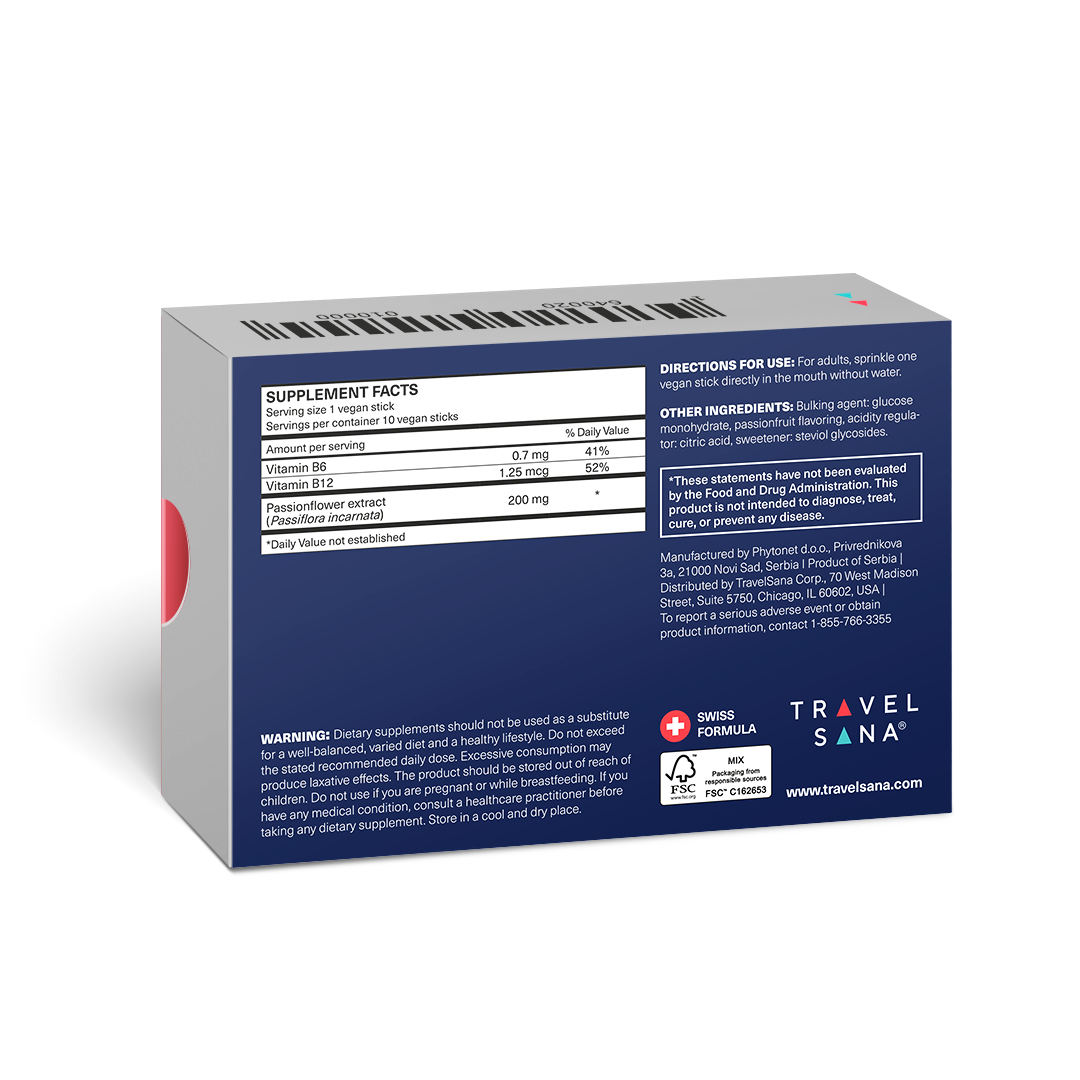



What is Passionflower?
Passionflower is a perennial climber that thrives in tropical and sunny climates. Used for its calming properties, it is now consumed throughout the world.
Passion flower

Passionflower has been consumed as an infusion since pre-Columbian times for its appeasing properties. The flower is not regularly used in cooking; however the plant produces small orange fruits which can be eaten when ripe.
Coming from the same family as the passion fruit, the fruit of passionflower (Constance Elliot) is more acid than its cousin, because of its high content of hydrocyanic acid. For culinary use, other varieties of passionflower such as Passiflora edulis produce fruit with a more acidic taste, particularly suitable for juicing, sorbet, jelly and jam.
For anxiety and other issues: In the time of Moctezuma, passionflower was grown in the gardens of the Aztec sovereigns. It was used as an ornament for its beauty but also for its therapeutic properties.
The aerial part of the plant was harvested and then dried to be used as an infusion. The Aztecs recognized its anxiolytic and calming properties and used it widely in their daily lives.
This knowledge was passed on to the Spanish towards the end of the 15th century. The latter brought it back to Europe where it was subject of numerous studies, particularly in botany.
Initially used as a refreshing drink, passionflower was only recognized for its real benefits between the end of the 19th century and the beginning of the 20th. These studies having strongly contributed to increase its notoriety, it is consumed today in the form of infusion but as a food supplement.
Passionflower or Passiflora incarnata is a perennial climber that thrives in tropical and sunny climates. Although many species of passionflower are native to South America (Brazil, Peru), passionflower incarnata grows further north in Mexico, the Bahamas and southern United States.
Already used by the Aztecs for several centuries before the arrival of the European settlers, it was first brought to Europe by Jesuit missionaries in the 15th century.
It was the Spanish botanist Nicolas Monardes (1493-1588) who was probably the first to use the religious term flos passionis incarnata "flower that incarnates passion" to designate the plant. According to him, its flower was "precisely made to incarnate the Passion of Christ."
Long used as an infusion for its refreshing properties by Europeans, it was not until the 19th century that the Aztec passionflower made its entry into the European Pharmacopoeia. Used for its calming properties, it is now consumed throughout the world.
Passionflower has been consumed as an infusion since pre-Columbian times for its appeasing properties. The flower is not regularly used in cooking; however the plant produces small orange fruits which can be eaten when ripe.
Coming from the same family as the passion fruit, the fruit of passionflower (Constance Elliot) is more acid than its cousin, because of its high content of hydrocyanic acid. For culinary use, other varieties of passionflower such as Passiflora edulis produce fruit with a more acidic taste, particularly suitable for juicing, sorbet, jelly and jam.
For anxiety and other issues: In the time of Moctezuma, passionflower was grown in the gardens of the Aztec sovereigns. It was used as an ornament for its beauty but also for its therapeutic properties.
The aerial part of the plant was harvested and then dried to be used as an infusion. The Aztecs recognized its anxiolytic and calming properties and used it widely in their daily lives.
This knowledge was passed on to the Spanish towards the end of the 15th century. The latter brought it back to Europe where it was subject of numerous studies, particularly in botany.
Initially used as a refreshing drink, passionflower was only recognized for its real benefits between the end of the 19th century and the beginning of the 20th. These studies having strongly contributed to increase its notoriety, it is consumed today in the form of infusion but as a food supplement.





